World Sleep Day: How not getting enough sleep can affect your mental health
Frances Coleman-Williams | Friday 17 Mar 2017 5:00 am | Metro.co.uk
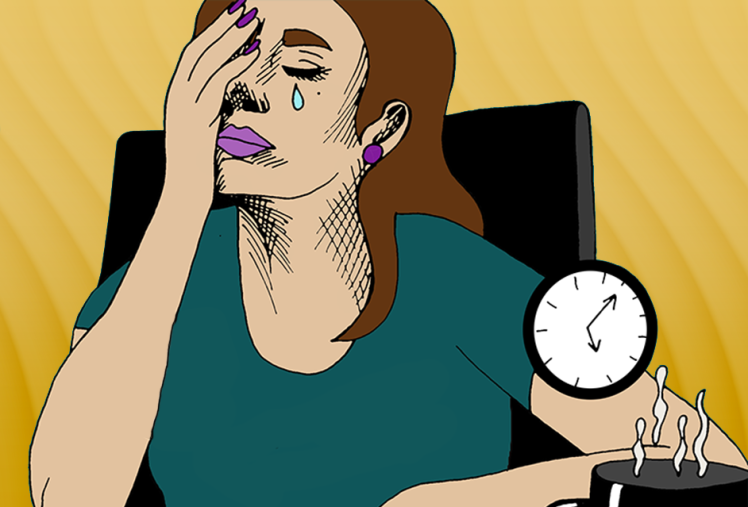
Having suffered from severe sleep problems myself, I’ve taken some time to look at the relationship between a lack of sleep and mental health.
Insomnia involves difficulty in getting enough sleep to feel refreshed in the morning.
The lack of sleep may be due to finding it difficult to get to sleep, waking up multiple times and/or waking up early and not being able to get back to sleep.
As well as affecting your physical health, the lack of sleep can affect your mental health as well.
Links between insomnia and mental health
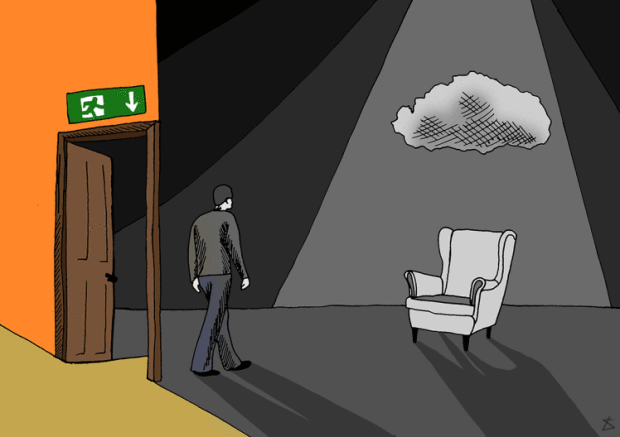
Insomnia has long been thought of as a symptom of some psychiatric disorders, given that over two thirds of people with mental illness suffer from sleep problems (the most prevalent being insomnia).
But the condition is now also being considered as a contributing factor for developing a mental illness.
There are various stages of sleep, each with specific benefits.
The deepest stage of sleep produces biological changes that boost immune system functioning.
For example, rapid eye movement (REM) sleep enhances learning, memory and contributes to emotional health.
A lack of sleep has shown a ‘dysfunction in the neural circuitry‘, which basically means that it can trigger abnormalities when processing an emotional response and lead to depression.
Studies on insomnia and mental health
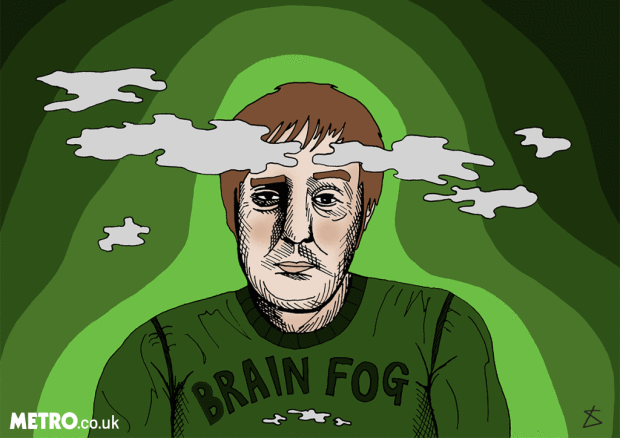
Studies have shown that 40% of adults with primary insomnia (insomnia that’s not a result of a mental health condition) also meet the criteria for a psychiatric disorder.
And people suffering insomnia are three times more likely to develop a mental illness than people who sleep well.
When healthy individuals are subjected to sleep deprivation, they showed an altered response to negative images and even a negative response to neutral images.
Individuals also reported a subjectively negative mood and decreased alertness.
Essentially, not getting enough sleep can have serious implications on your mental health.
Effects of sleep deprivation on your life
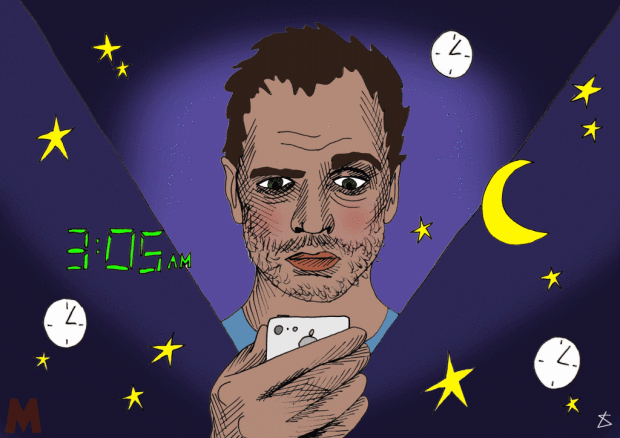
Sleep deprivation can severely impact work, social and family life.
Lack of sleep can lead to serious problems with attention, alertness, concentration, judgement, reasoning, memory and problem solving, meaning driving while fatigued is particularly dangerous.
As well as mental health problems, insomnia can contribute to developing heart disease, stroke and diabetes.
In our personal lives, sleep deprivation can lead to a lower libido, problems with skin and weight gain.
Treating insomnia and mental health
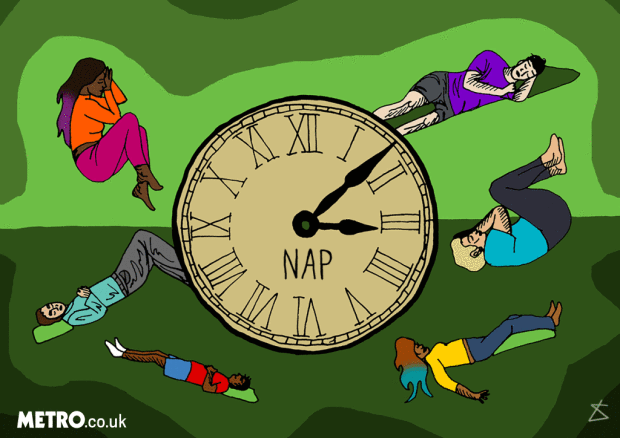
Research has shown that if insomnia and mental health problems exist together, it is important to treat both.
If only the mental health condition is treated, there is likely to be residual insomnia.




